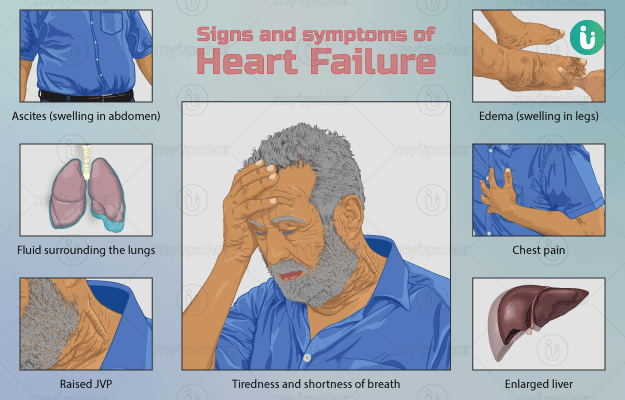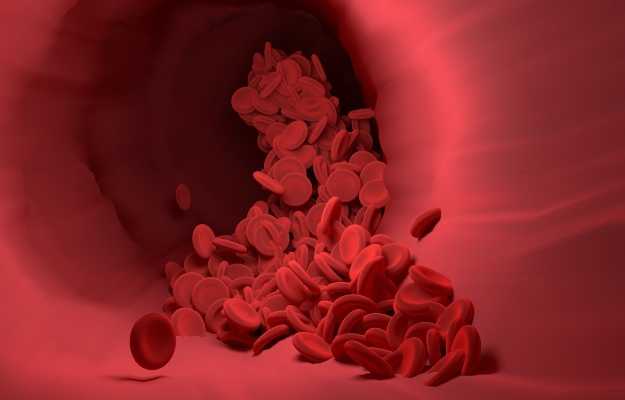What is Heart Failure?
Heart failure is a common condition where the pumping function of the heart reduces drastically such that it cannot supply enough blood to the rest of the body. This is often seen in the elderly or persons suffering from heart disease for many years. It is a medical emergency and must be immediately treated in a hospital.
Click on the link given here, to know in detail about the treatment of coronary heart disease.
(Read More - Heart transplant)
What are its main signs and symptoms?
The common signs and symptoms are:
- Difficulty in breathing
- Headache, confusion
- Anxiety
- Increase in pulse rate (tachycardia)
- Low Blood Pressure (hypotension)
- Ascites (fluid build-up in abdomen)
- Frequent urination especially at night
- Palpitations
- Pain in the chest region radiating towards the abdomen and upper body etc
(Read More - Pacemaker Surgery)
What are its causes?
The chief causes of heart failure are as follows:
- Cardiac causes such as
- High blood pressure
- Stenosis (Aortic or Pulmonary i.e. narrowing of blood vessels)
- Structural defects like interatrial or interventricular septal defect (hole in the walls of the heart)
- Myocardial Infarction (damage of heart muscle)
- Infective Endocarditis
- Other causes include
- Infections
- Pulmonary embolism (blood clot in the lungs)
- Overdosage of Drugs like beta-blockers, non-steroidal anti-inflammatory drugs, etc
- Physical and emotional stress
(Read More - Heart Bypass Surgery)
How is it diagnosed and treated?
The doctor will take a detailed history of the patient to understand the symptoms, take blood pressure readings and also check for heart sounds.
Diagnosis is made by both laboratory tests as well as physical examination by a doctor. Laboratory testing is done to asses
- Urea
- Electrolytes
- Complete blood count
- BNP (Brain natriuretic peptide)
- Liver function
- Kidney function
Imaging studies like Electrocardiogram (ECG), chest X-ray and Echocardiography will also be performed.
Management of a patient with cardiac failure is as follows:
- Physical and emotional rest
- Weight loss
- Treating breathlessness by providing oxygen therapy
- Diet counselling
- Stoppage of alcohol and smoking
- Regular physical exercise
Drug therapy involves the following drugs:
- Diuretics
- Vasodilators
- ACE inhibitors
- ARBs
- β-blockers
- Statins
(Read More - Exercises after bypass surgery)

 OTC Medicines for Heart Failure
OTC Medicines for Heart Failure
 Heart Failure articles
Heart Failure articles News for Heart Failure
News for Heart Failure





 Editorial Team
Editorial Team













